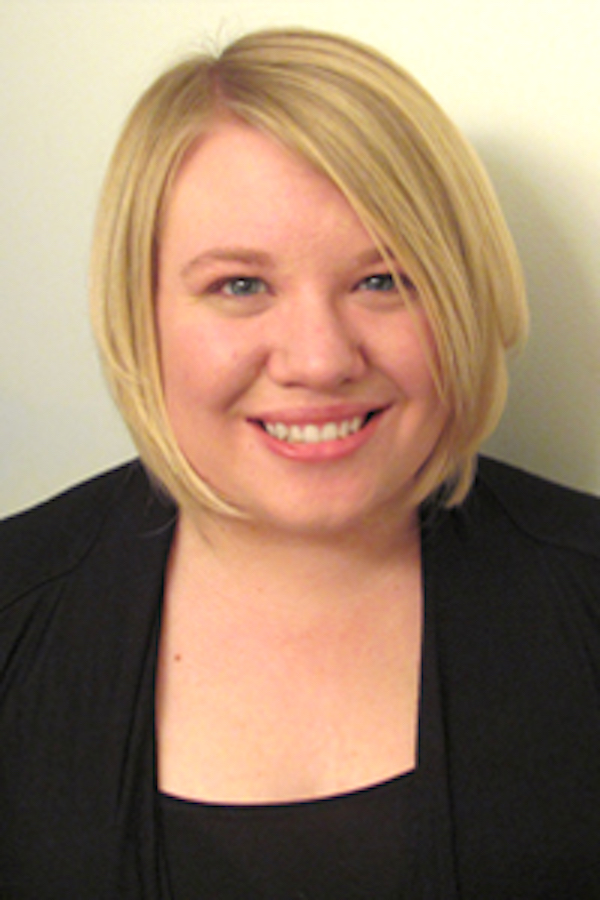By L.B. Klein
Like many folks who navigate the world as a woman, labels have always been assigned to me.
- When I was 13, a close friend told me that I was a “dyke” and that was a reason to rape me.
- When I was 14 and read books by feminist authors, a classmate wrote “carpetmuncher” on my notebook.
- When I was 15 and confided in a friend at church that I had feelings for a classmate at my all-girls’ Catholic high school, the label was “sinner.”
- When I was 16 and had been on some dates with a boy and was later caught kissing a girl, the label was “slut.”
- When was 17, and I told a boy “No,” it I was because I must be a “homo.”
For me, labeling has a history wrapped up in violence and abuse. Before I gave a real label to who I was, I was furtively reading Ursula Le Guin’s The Left Hand of Darkness, watching The Rocky Horror Picture Show and trying to figure out how my friends didn’t get that Xena and Gabrielle were totally a couple on Xena: Warrior Princess. Figuring out that I was queer was inextricably wrapped up in my political identity and in being a nerd. The label that would have resonated the most with younger me would have been “different.”
Even when I started to live openly as an adult queer person, the labels continued.
- At 18, I started to enter LGBTQ spaces and was immediately labeled “bi-curious” because I dressed femme and had a boyfriend.
- At 19, I had a girlfriend for a while who was more masculine than I am, so I was “femme.”
- At 20, I had a boyfriend for a while and so I was a “hasbian.”
- At 21, lesbians would say they wouldn’t date me because I was not “gold star,” as I’d had relationships with men.
- At 23, when I had dated a woman for a while, I was told to round up because I’m “basically a lesbian.”
- Now that I’m pushing 30 and married to a (heterosexual) man, some labels include “emasculating,” “promiscuous,” “traitor,” and “confused.”
I identify as queer because that word simultaneously says nothing and everything about who I am. I enjoy that queer serves as a conversation starter. The word queer explicitly carries with it assumptions, cultural baggage, and the ideal of reclamation which to me is inherent in all chosen labels.
Queer serves as my shorthand for the fact that sexuality and gender are too much to contain in one word. It is a political term. Sadly, the rejection of the idea that when a doctor says, “It’s a boy” or “It’s a girl,” that simple label should define that new human’s future is still considered radical. I use queer because I don’t want language to constrain my ability to envision new possibilities. Queer is a non-label label I claim for myself.
L.B. Klein dedicates her research and practice to ending genderbased violence and advancing social justice. While she is often on the move, she is currently based in Atlanta, Georgia with her partner, a canoe and a lot of books.

